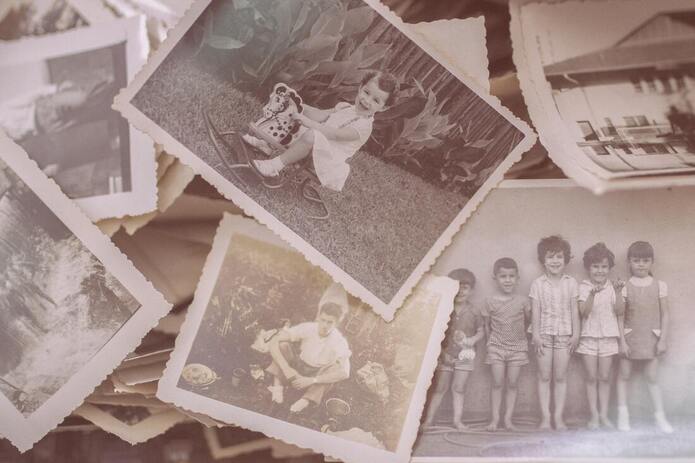|
By: M.Bernardez Have you ever looked at an old childhood picture of yourself and had a weird feeling in your stomach? Maybe it was the fact that the person portrayed in that picture seems almost foreign to your current character, or the idea that looking at ourselves in a moment in time that we now forgot and can't recall clearly is difficult for our brain to grasp. Either way, the psychology behind all of this is a remarkably captivating experience where our brains reactivate pieces together like we are reconstructing a puzzle that was once completed perfectly, but now is slightly hazy or perplexing.
When anyone remembers an old memory, neuroscientists have discovered that a representation of the entire occurrence is immediately reactivated in the brain, including the participants, place, smells, music, and other trivia. Recalling old memories can be a very cinematic experience for us, humans. In addition to that, there has been extensive research proving that humans recall life events using individual threads that are woven together into a tapestry of memories. Various element components activate different neocortical regions during the neuronal encoding process. This means that, when recalling a long-forgotten memory, neocortical activity occurs in areas connected to all of the memory's constituent elements. Okay, besides all this "science" stuff that sounds like a lot but sometimes doesn't make complete sense to put things into perspective, essentially we recall old memories due to some cue in your environment, or some part of recent thought, was linked in some way to the spontaneous memory recall that you are experiencing. It is also interesting to note that we don't fully understand how memories are preserved over time; it's possible that infrequently remembered memories aren't intentionally discarded by the brain but rather disappear over time as the neurons and synapses involved in representing them are inevitably recruited to be part of other memories. It's also been shown that remembering a memory changes the knowledge that's "stored," conflating items that happened during recall with things that happened during the original incident, so an infrequently remembered memory may be more reliable than a recent one in that context.
0 Comments
Leave a Reply. |
Categories
All
Archives
June 2024
|

